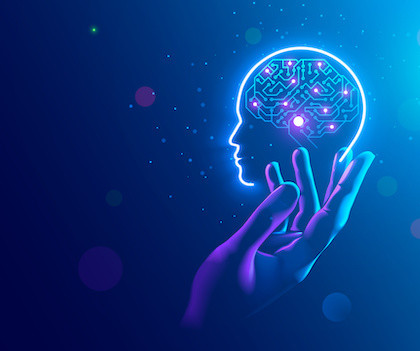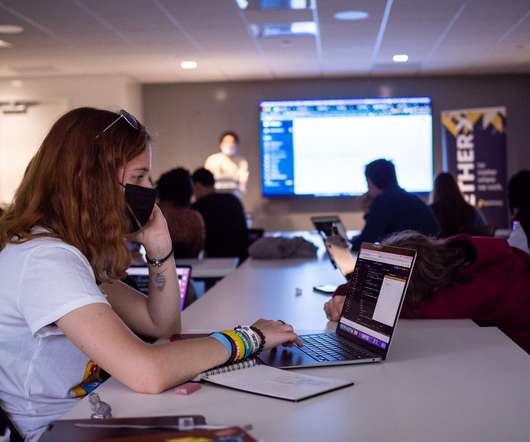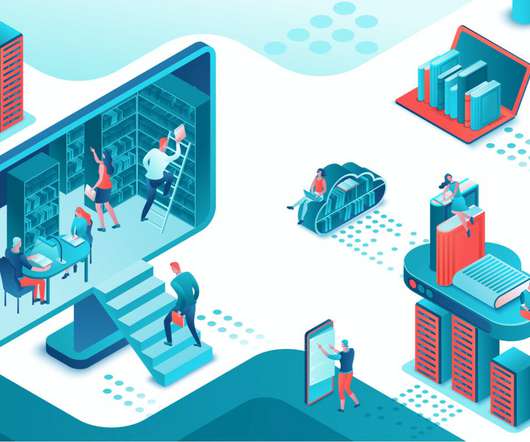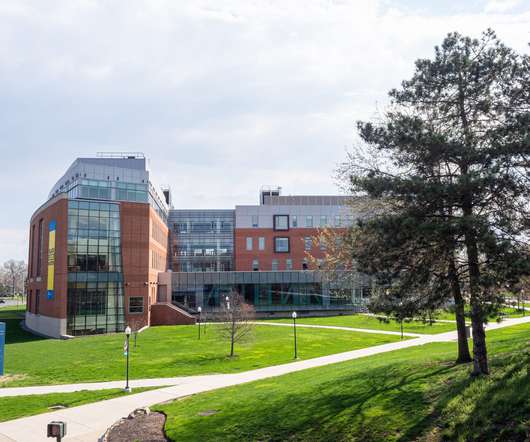The Digital Transformation of Healthcare Education
EdTech4Beginners
JANUARY 31, 2024
Technology innovations like artificial intelligence, virtual reality and advanced simulation are changing how nurses and doctors are trained. These disruptive shifts promise to increase access to medical education, ease skills shortages and better prepare the healthcare workforce to meet future demands.

































Let's personalize your content